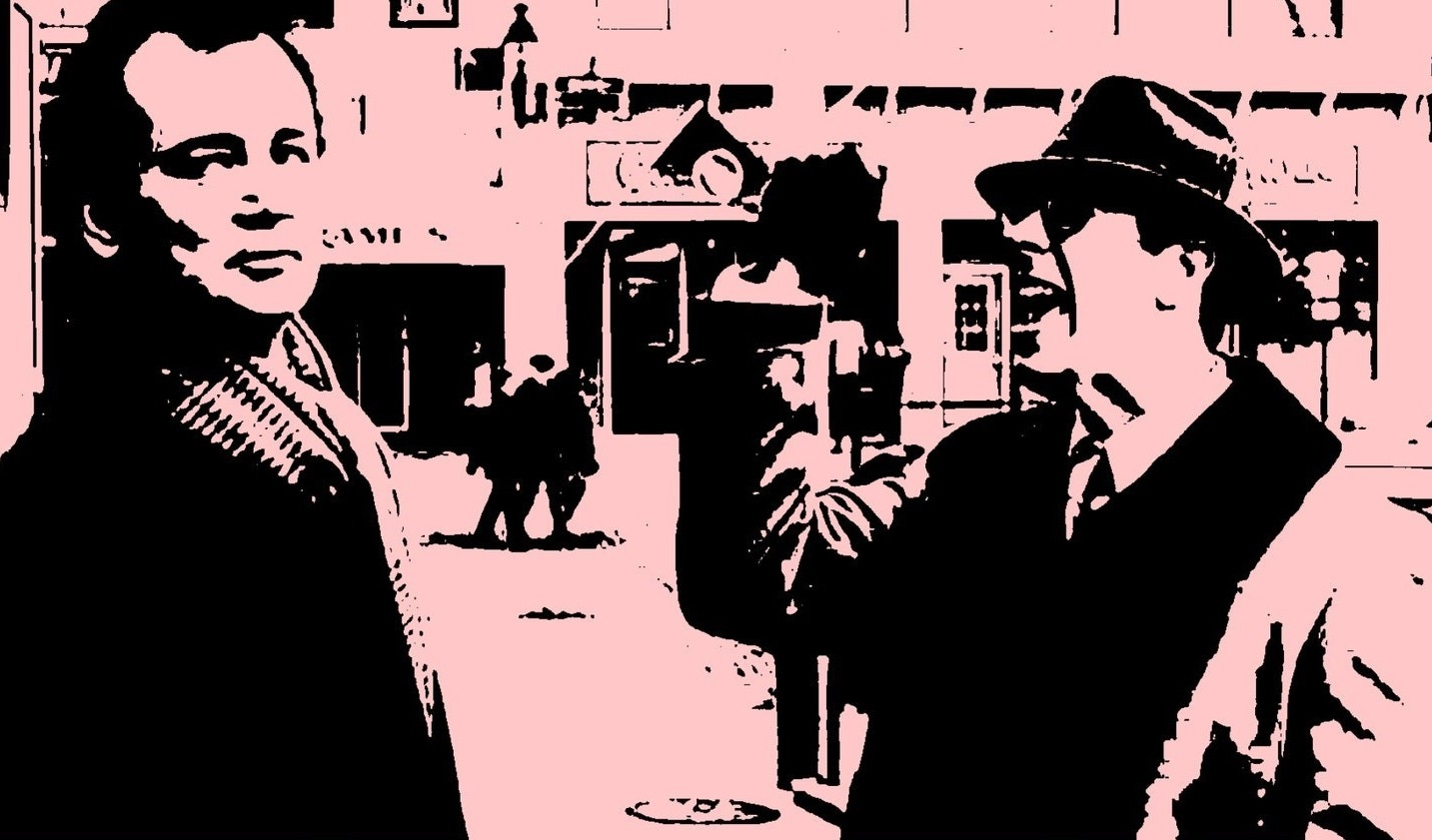While I no longer watch the picture every year, Groundhog Day remains a favorite film of mine — if for no other reason than the fact that it quotes my favorite poet, Coleridge:
Winter slumbering in the open air Wears on his smiling face a dream of Spring!
The lines come from a poem called “Work Without Hope,” whose sentiment is entirely relevant to the theme of the picture. “Work without Hope,” Coleridge claims, “Draws nectar in a sieve.” Hence Winter dreams of Spring, just as Phil (aptly given the same name as the Groundhog) wants to get out of Punxsutawney, wants to make it to tomorrow, wants to win the affections of a woman he’s attracted to and, eventually, wants to become the kind of person to whom a woman with Rita’s values would be attracted. (For another literary scene that suggests the nature of her value system, see the diner when Phil is binging idiotically and she quotes Walter Scott:
The wretch, concentred all in self, Living, shall forfeit fair renown, And, doubly dying, shall go down To the vile dust, from whence he sprung, Unwept, unhonored, and unsung.
This double death of one’s reputation alongside one’s loss of corporeal existence echoes the death that Phil is already beginning to experience at the beginning of the film, fated as he seems to be to have lost his chance at moving on to a bigger network. As Coleridge says in the same poem, “Hope without an object can not live.” But what the film really points out is the same truth that the Stoics (among others) pointed out about the nature of virtue. Since everything thing else is merely conditionally good, we must strive to excellence of character because that is the thing that is always good. By the end of the film, Phil seems to have understood this, and it comes in the form of his interactions with Rita, which is implicated in his final encounter with Ned.
For much of the film, Phil has of course been highly annoyed by the now-famous insurance salesman who used to date his sister for a while until he told him not to. We learn in the final scene, however, that not only is the newly generous accepting of Ned’s cloying personality — he’s also spent a considerable amount of money on his insurance. Now, Phil has absolutely no faith that he has any need for insurance — for almost the entire film, he’s been stuck in the same day and, with no tomorrow, insurance is especially frivolous. But something in Phil has changed by this final scene, and he’s no longer doing things solely for their corporeally hedonistic value, but instead he is now doing them for how they make him feel internally.
Which brings us to his relationship with Rita. As Ned starts to go into his spiel of all of the actuarial products which Phil has procured, Rita cuts him off. In characteristic flair, Ned giggles “Rawr!” and then re-iterates it with a special inflection to indicate his savviness to the playful carnality he’s suddenly detected. And Ned the Head is perfectly right — Rita is seeping hormones to be sure, as we’re about to find out — and this



